Early last year, media educator V Gayathry warned that even though the press was perceived to be freer under the then-Pakatan Harapan administration, this freedom was not sustainable.
At the time, she argued that the main structures supporting the status quo for the press were still in place.
After the Perikatan Nasional (PN) government replaced the Harapan administration in March 2020, a crackdown on the media began, including multiple investigations launched against media outlets and increased restrictions on some media organisations with regards to covering government events.
The 2021 World Press Freedom Index saw Malaysia falling by 18 spots to number 119, with Reporters Without Borders (RSF) noting that though Malaysia’s press freedom situation had improved dramatically after the 2018 elections, things have gone in reverse since Prime Minister Muhyiddin Yassin took over.
Speaking to Malaysiakini, Gayathry (above) said the issue remains, with the same structures still existing.
The University of Nottingham media and politics assistant professor said one of the issues is that there is no legal protection being codified for press members or for someone who plays the role of presenting information to the public.
“We do have a slew of laws on numerous things but one thing that has never been attempted by any of the administrations was to offer some form of protection that’s codified for media workers.
“There is no protection, for example, if you cannot access a press conference or if you are somewhere (on assignment) and you are threatened,” she added.
In comparison, one of the media reforms in Indonesia, despite the challenges, is that they designed a law that criminalises targeting and attacking journalists.
Gayathry said this has greatly reduced violence against journalists in Indonesia.
Lawyer New Sin Yew agrees with Gayathry that Parliament should accord media workers with the appropriate protection for carrying out their duties.
“Legislative protection will protect journalists from harassment or threats in the course of their duties and also arbitrary censorship which is becoming increasingly frequent,” he told Malaysiakini.
Codify into law
Many professions have legislative recognition and self-regulate under the relevant legislation, New said, such as engineers, accountants and architects.
Lawyers are also recognised, protected and self-regulate under the Legal Profession Act 1976, he added.
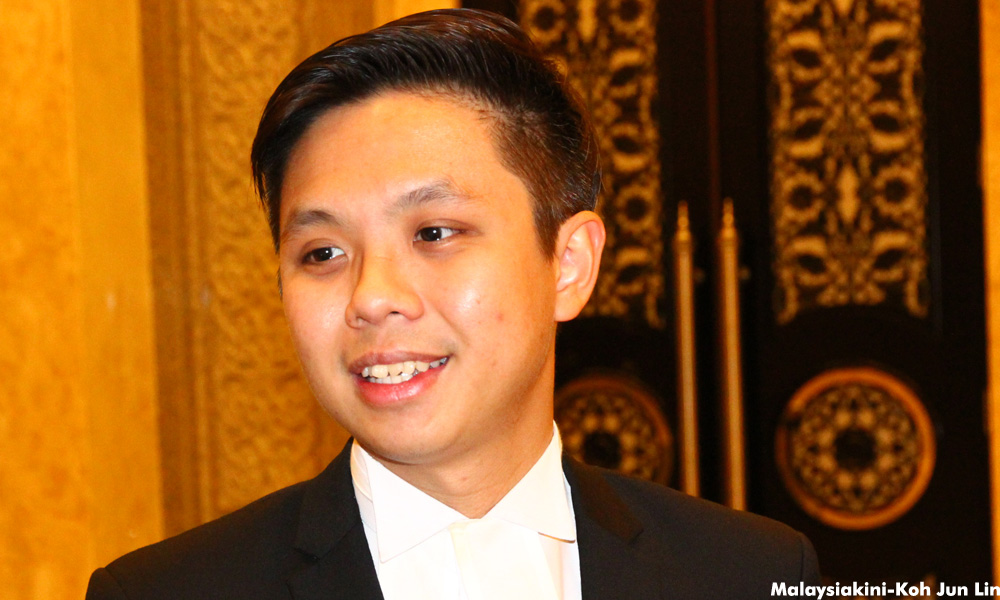
Fellow lawyer Syahredzan Johan said it would be useful for the National Union of Journalists' (NUJ) code of ethics to be codified into law.
“The NUJ has this (code of ethics) but it has no force of law. Thus, for example, although the code states that journalists must protect their sources, they cannot actually rely on the code if they are compelled by the authorities to reveal their sources.
“If the code is codified into law, then journalists would have better protection in their work,” he told Malaysiakini, adding this must go hand-in-hand with the setting up of a media council.
Although the Harapan administration was in the process of setting up such a media council, the process appears to have stalled after the PN government came to power.
New said this movement for an independent media council needed to be revived immediately in order to offer better protection for media workers.
However, Gayathry said that was not enough to ensure sustainable press freedom as media ownership and control was another major obstacle in Malaysia.
She said the media industry faces financial issues worldwide but it is made worse in Malaysia because business is tied to politics as in various Southeast Asian countries.
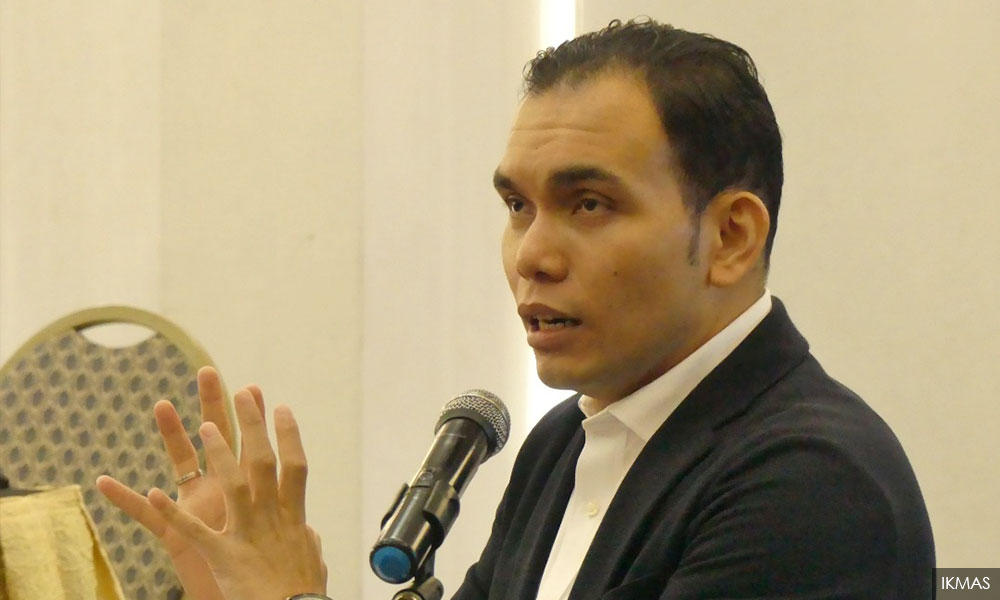
“Ownership is political in Malaysia... we haven’t done anything to rectify that,” she added.
Instead, there has been a consolidation of powerful media owners in Malaysia since the formation of the PN government such as Utusan Malaysia and Kosmo being taken over by Media Mulia Sdn Bhd, a company which business tycoon Syed Mokhtar Al-Bukhary has the largest shares.
Consolidation is a major threat to diverse and independent news, Gayathry said.
Universiti Malaya political economy professor Edmund Terence Gomez said a distinction should be drawn between media ownership and control as someone could have ownership and still be liberal with editorial control.
Media ownership issue
However, he said in Malaysia, what tends to happen is that most mainstream and traditional media tend to be indirectly or directly controlled by the government which then appoints people aligned to it to their board of directors, giving the authorities some level of control over editorial content.
“How much transparency is there of the government ensuring the editorial team has the freedom to write without fear or favour? How much of it is biased towards the government of the day?
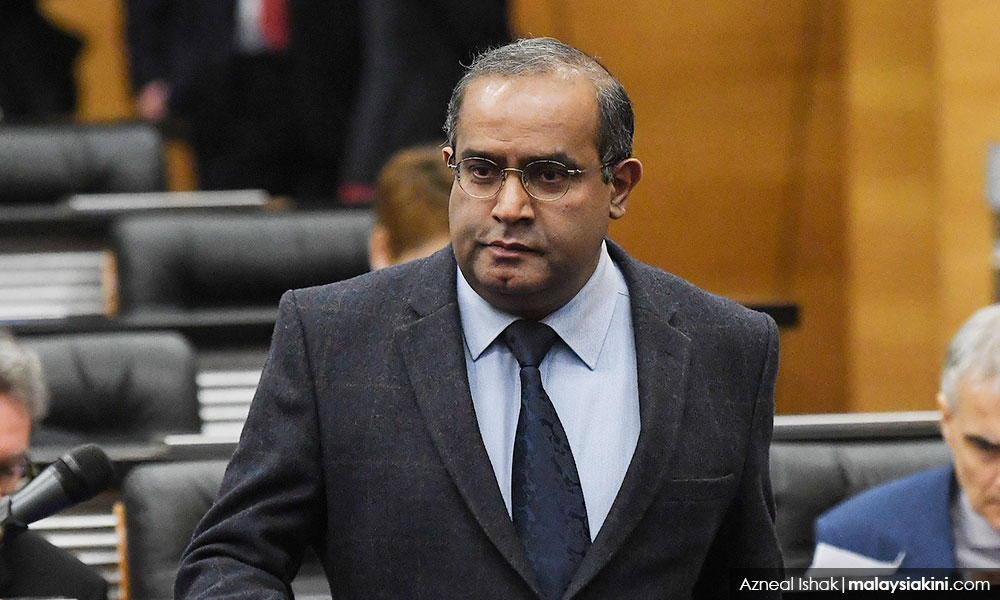
“How are media companies’ boards affected, specifically the chief executive officers, who do they report to? Do they report to their shareholders or the government and how does this shape editorial content?” he questioned.
This does not mean that there cannot be any media companies under the government in order to ensure press freedom, he added.
Citing the BBC, he said it is owned by the British government but it has no control over the editorial content.
Even if media companies were in private hands, it would not solve the problem as this would instead empower the elites who will have agendas of their own, he pointed out.
One such example is global media mogul Rupert Murdoch who wields enormous political influence through his various papers and television channels.
As such, Gomez said there needs to be careful consideration of how to solve the issue of media ownership and control in Malaysia.
What could be helpful would be for newsrooms to be more transparent with their decision-making over editorial content, said Gayathry.
“What we don’t see is how newsrooms make decisions and whether self-censorship actually takes place and to what extent stories are included or excluded. These things matter a lot.
“We need transparency and accountability from the media themselves… that level of accountability can help build trust,” she added.
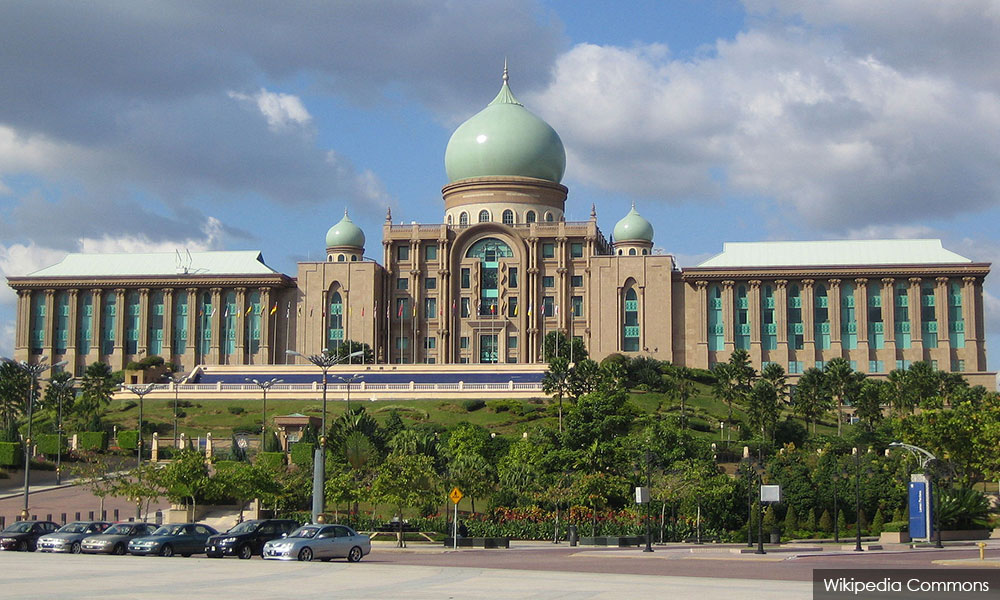
It is also not enough to just fix in a silo the issues surrounding the media, Gayathry said, as all the institutions in the country were linked to each other.
The role of institutions such as the courts, Parliament, anti-graft agencies and how they relate to the media is very important as well, she added.
They need to have a better understanding of the role of media in a democracy as currently, there was a perception that the media should contribute to nation-building and any criticism of the government was an antithesis to nation-building.
Aside from that, the institutions also need to be reformed alongside the media, she said.
“You can’t take the media out of the equation, fix it and then expect everything to work. The institutions also need to change their rules on how they interact with the media,” Gayathry added. - Mkini




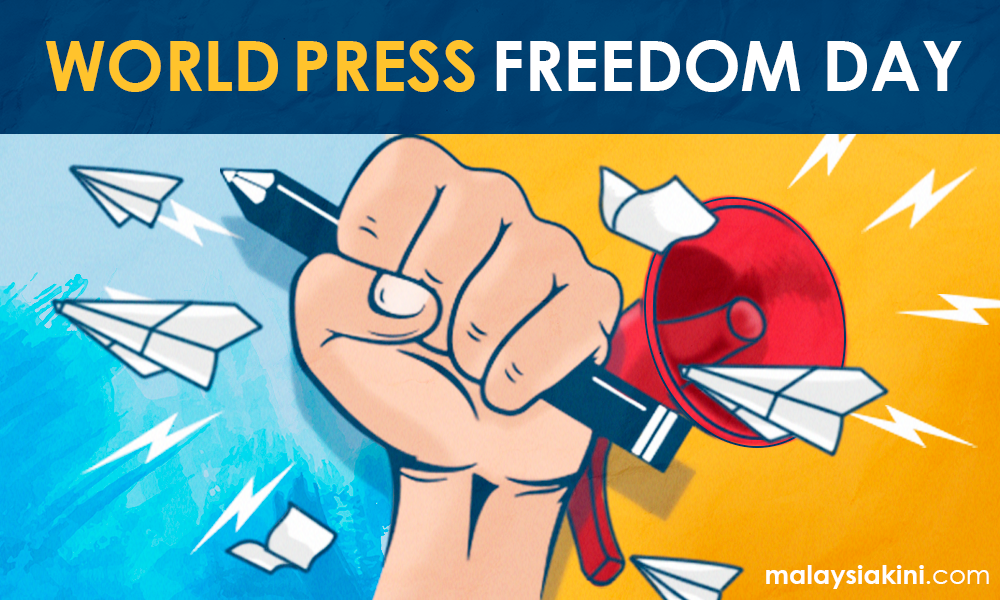
No comments:
Post a Comment
Note: Only a member of this blog may post a comment.